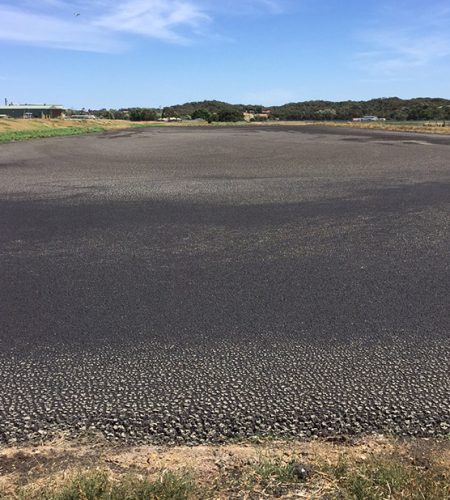Professor Ravi Naidu
Project Leader
The University of Newcastle
Water treatment processes in Australia and globally generate millions of tonnes of biosolids, which are rich in nutrients and organic matter. These biosolids have long been used as soil amendments and as a source of nutrients and organic carbon, helping to maintain soil structure as well as minimising soil acidity problems.
More recently, an increased recognition of the presence of emerging contaminants (especially PFAS), and their link to human and environmental health problems, has led to constraints on the use of biosolids in agriculture. As a result, millions of tonnes of biosolids are being stockpiled globally, limiting its use as a source of nutrients.
This project will confirm whether the pyrolysis process (heating without oxygen) developed by South East Water can be used to convert biosolid waste into biochar to be used as a safe nutrient source and soil amendment for agriculture. The research aims to determine whether this process will convert toxins into either non-toxic forms or remove organic emerging contaminants, thereby ensuring safe use of biosolids as biochar in slow-release fertiliser.
The project also seeks to evaluate the effects of biosolid biochar on plant growth, soil ecosystems and the benefits on land application, as well as demonstrating the sustainability of biochar under varying soil conditions.
The research results will be critical for both the water and agriculture industries in Australia, as they will allow them to recycle and reuse the nutrient elements in millions of tons of biosolids. It may also provide a viable, cost effective and safe source of fertiliser and amendments to increase the productivity and health of Australian soils.

